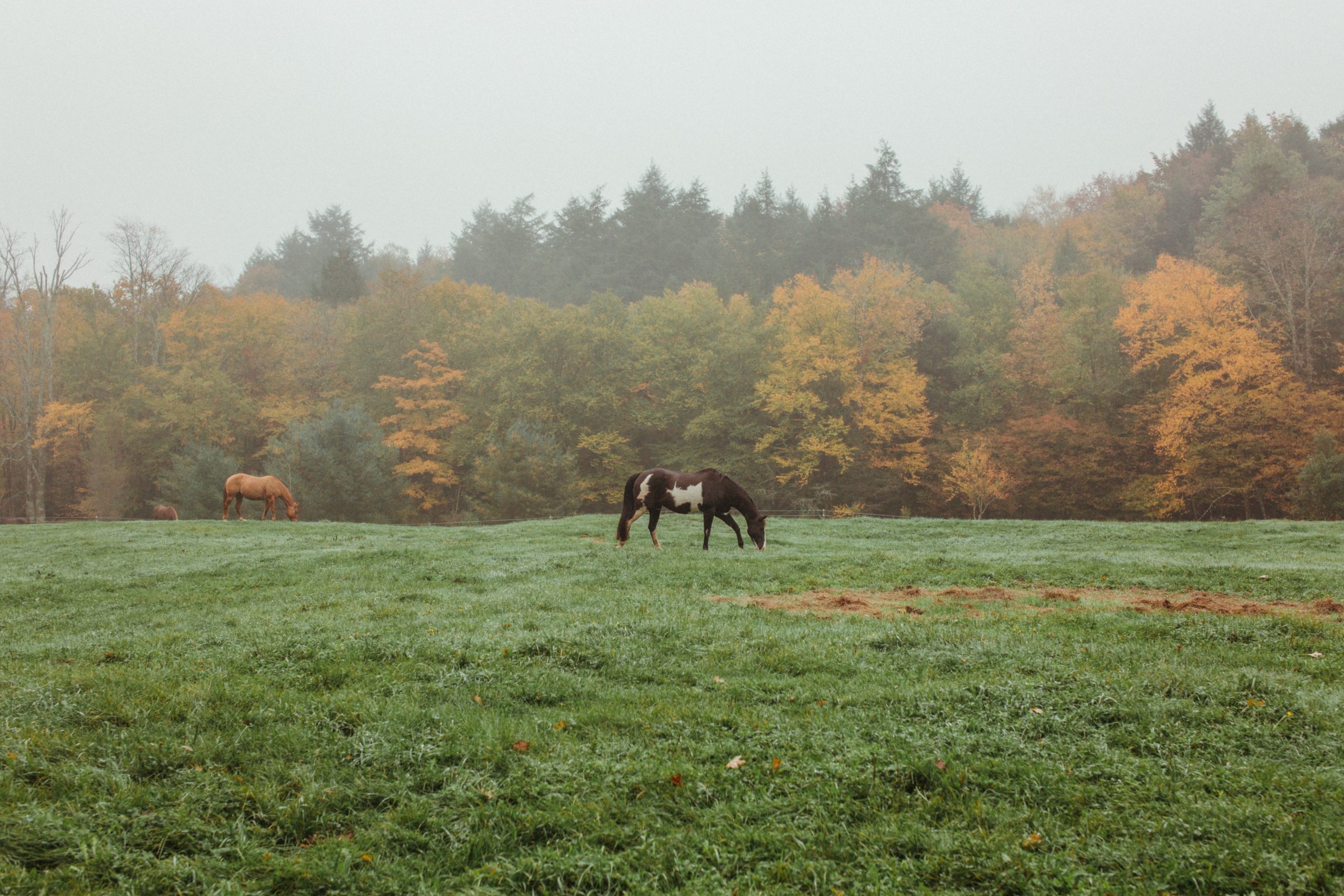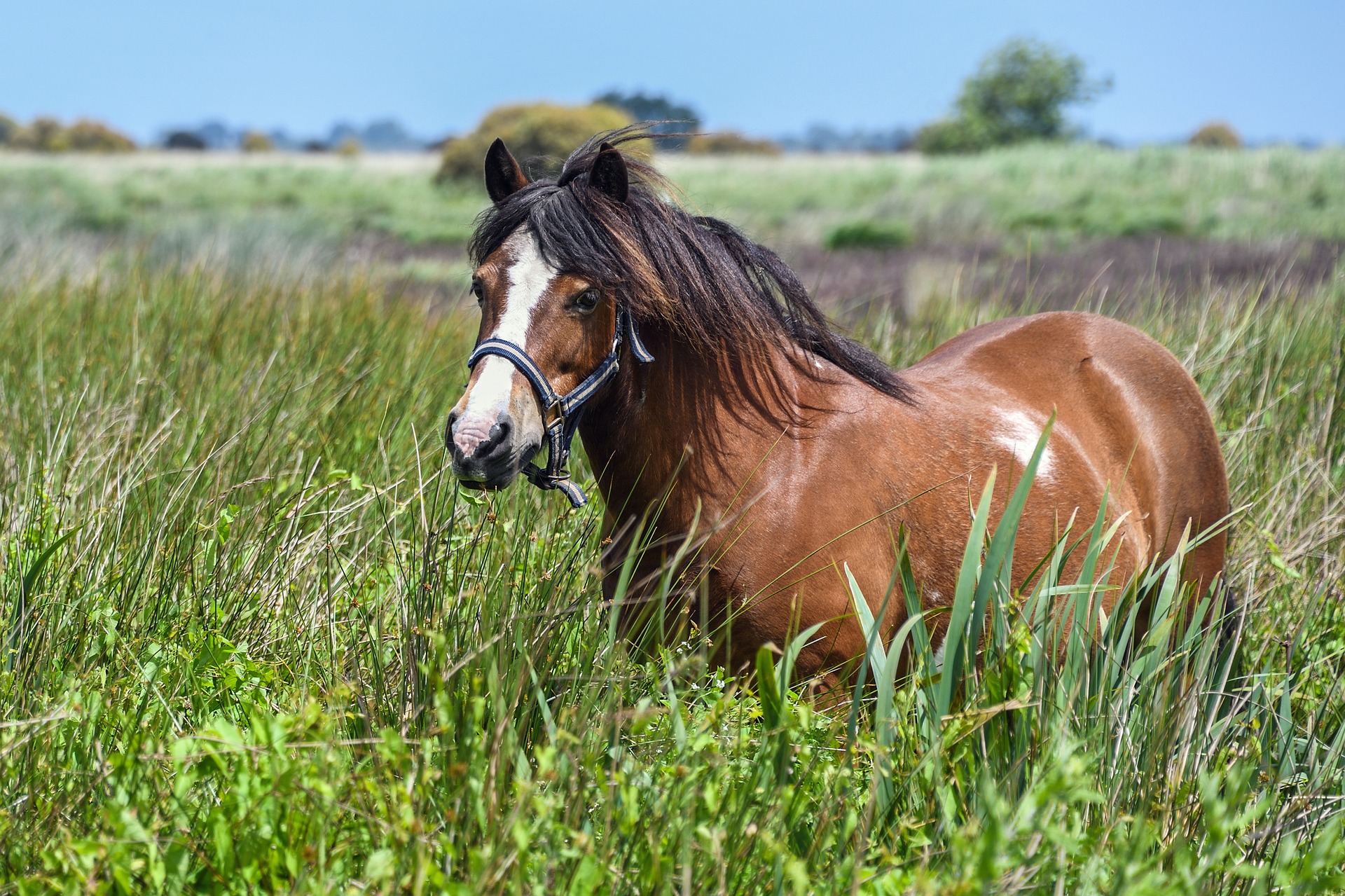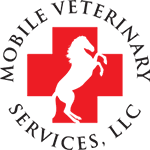 When feeding your senior horse, there are several important factors to keep in mind that can change their dietary requirements. Dental Condition Number one is the status of your horse’s teeth. You may have heard the term “expired” teeth when your veterinarian is...
When feeding your senior horse, there are several important factors to keep in mind that can change their dietary requirements. Dental Condition Number one is the status of your horse’s teeth. You may have heard the term “expired” teeth when your veterinarian is...
 Most horse owners have heard about equine Cushings disease and are familiar with some of the common clinical signs: a long curly haircoat, delayed shedding, topline loss, pot-bellied appearance, and sometimes laminitis. Additional signs include recurrent infections,...
Most horse owners have heard about equine Cushings disease and are familiar with some of the common clinical signs: a long curly haircoat, delayed shedding, topline loss, pot-bellied appearance, and sometimes laminitis. Additional signs include recurrent infections,...
 At what age is a horse considered geriatric or senior? Does owning a senior horse mean that he must eat a feed labeled as a “senior” feed? As always, the answer is, it depends. Our horses are living longer lives than ever, thanks to an evolving understanding of the...
At what age is a horse considered geriatric or senior? Does owning a senior horse mean that he must eat a feed labeled as a “senior” feed? As always, the answer is, it depends. Our horses are living longer lives than ever, thanks to an evolving understanding of the...
 By Dr. Allison Hartman Laminitis has been a bane of horseman and farriers since the horse was first domesticated. As our medical knowledge and diagnostic abilities have evolved, so has our understanding of the contributing factors of this disease process,...
By Dr. Allison Hartman Laminitis has been a bane of horseman and farriers since the horse was first domesticated. As our medical knowledge and diagnostic abilities have evolved, so has our understanding of the contributing factors of this disease process,...
 Do you have a classic “easy keeper” pony or horse? Have you ever seen the horse that seems to gain weight on “thin air alone”? Have you ever run into a horse with a hair coat that just won’t shed out in the summer time? Then you may have dealt with either Equine...
Do you have a classic “easy keeper” pony or horse? Have you ever seen the horse that seems to gain weight on “thin air alone”? Have you ever run into a horse with a hair coat that just won’t shed out in the summer time? Then you may have dealt with either Equine...








